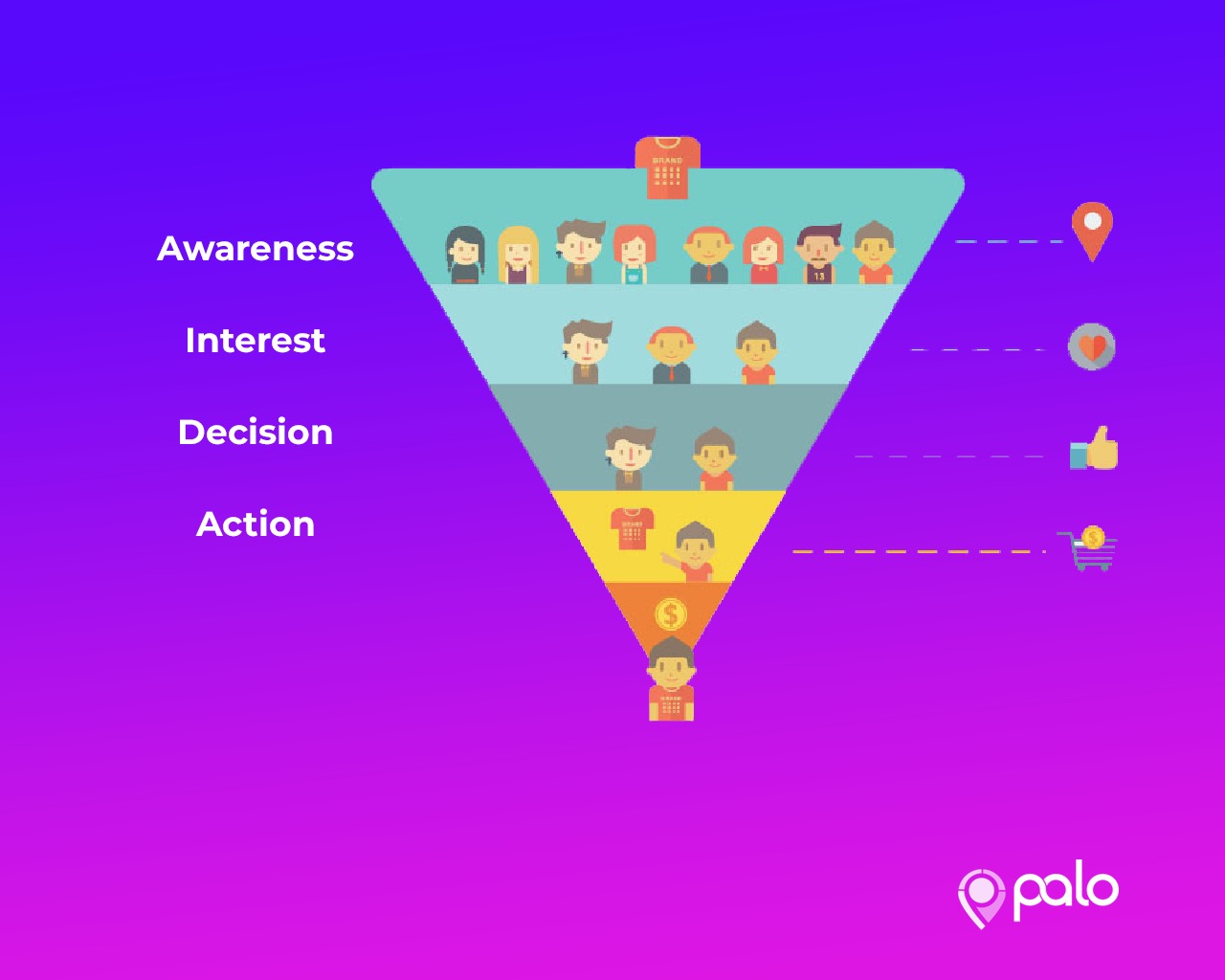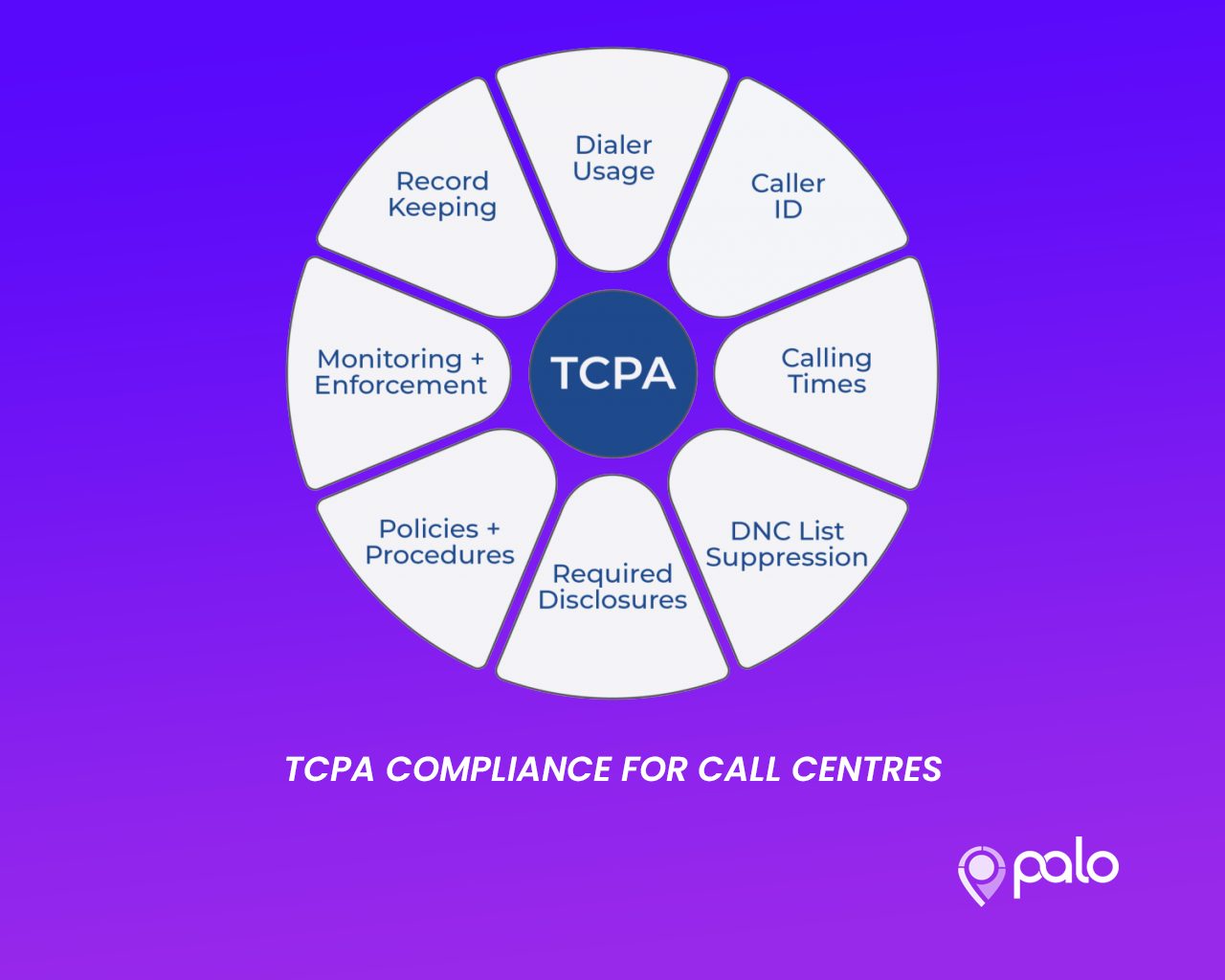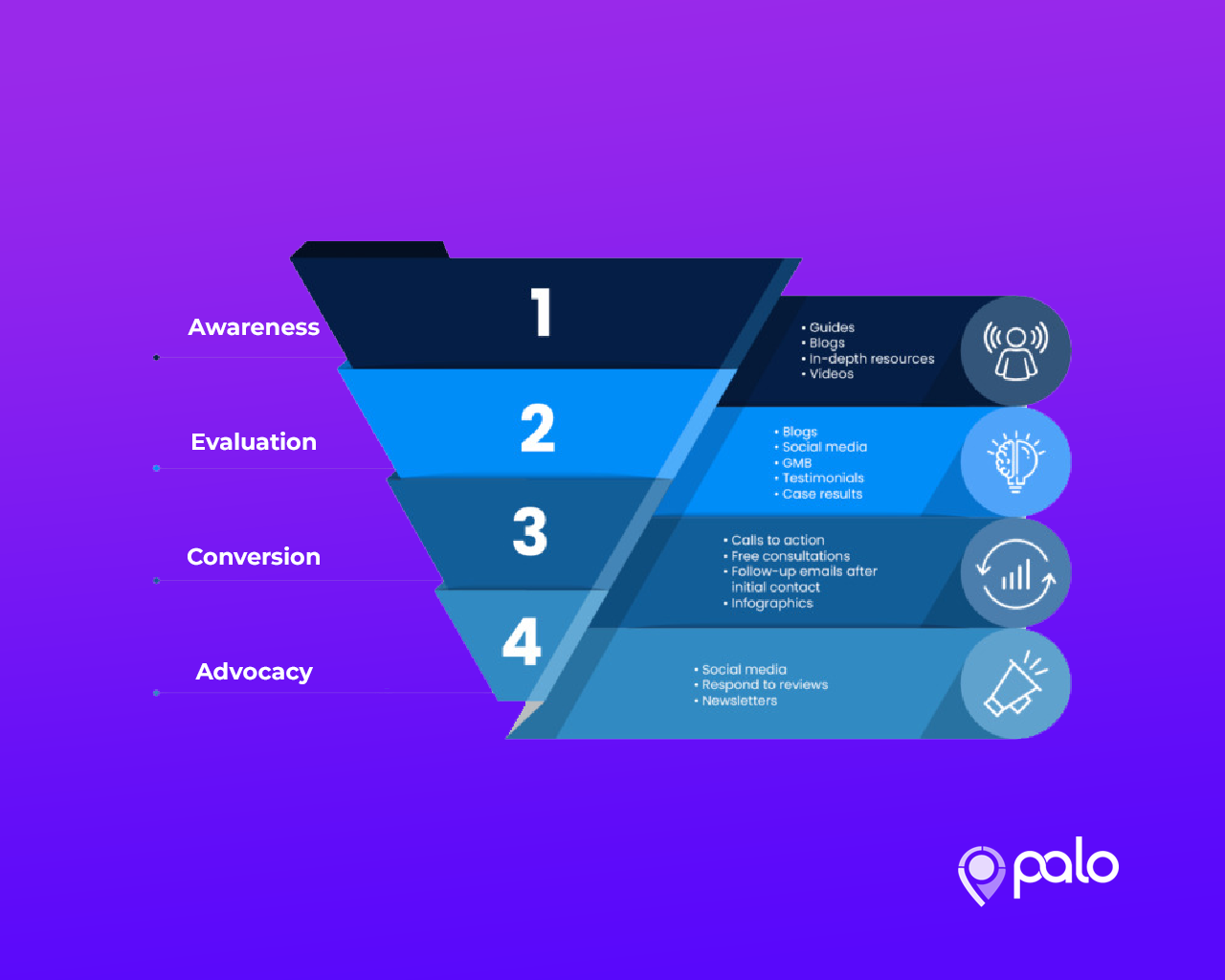
Guerrilla Marketing & Going Beyond Your Client Expectations [Video]
I had the chance to sit down with one of the most respected individuals in the call tracking and analytics industry and pick his brain on Guerrilla marketing and where he sees the pay-per-call marketing headed beyond 2020.
Adam Young, Founder & CEO of Ringba spent time discussing how he started an internet marketing company as a teenager, failed terribly but managed to pick himself up and establish one of the most respected call tracking and analytics company.
He tells me how he runs his company, what he does to differentiate his product from competitors, and how he has managed to remain relevant in the industry. Be sure to watch the entire Caller Meetup Live Episode in the video below:
Here are some of the key takeaways…
A Brief History about Adam & How Ringba Started
I was a bit curious and wanted to know Adam’s background and how he came up with the idea of starting Ringba. His story was quite interesting.
He tells me how he started an internet marketing company when he was still a teenager, and even though it collapsed, that did not kill his dream or earning money online. After the setback, he moved back to his parent’s house and started looking for other survival means.
After weeks of hustling and applying for numerous jobs, a door-to-door phone service and card processing company gave him a chance on one condition; he could only be paid a commission. Since he had no other option and owed a lot of money in debt, he took the job and gave it his all.
Things worked out, and he even became the #1 salesperson in the country. All this time, he could use his parent’s computer to research how people were making money online. His research led him to a company called Rocket Profit, and that is where he started to learn affiliate marketing.
Rocket Profit offered him a one-field offer where he was supposed to collect emails on behalf of the company. He would be paid $1.25 for every email. Since he was already experienced at marketing, he started writing software that could help him generate traffic. His dedication paid off because he managed to earn $125 on the first night of work.
He later bought a few more computers, upgraded his internet, and made a cool $12,000 in his first month on the one-field offer. The second month he made $88,000 in revenue, and he never looked back.
Successful Affiliates are Persistent
One crucial lesson I learned from Adam’s story is that successful affiliates are more persistent with their actions and want to learn all the time. They spend a lot of time with their affiliate managers discussing strategies and figuring out how they can get stuff done.
Adam has been to tons of trade shows, and he never stops learning. He keeps learning and implementing new things. The idea is to reach out to as many smart people as possible and request them to teach you about their businesses. Never assume you are the smartest person in the room but work as hard as you can because that is within your control.
While this might sound like an old school strategy that no longer works, the opposite is true and the strategy still yields significant results.
Learn to Be a Professional
In one of his worst moments as an affiliate, Adam narrated how he walked into a trade show in slippers hoping to meet a business partner. He tells me how the meeting never took place because the person he was to meet didn’t see anything serious or professional in him.
This explains the importance of learning how to conduct yourself professionally, no matter the industry you are in. Embark on a self-discovery journey and establish whether you are taking yourself seriously and how your potential partners perceive you.
If you have been acting casually, you need to make a fundamental shift in how you carry yourself and conduct business. Retire the “don’t care” attitude and embark on a self-discovery journey to solve your personality problems.
How to Stay Competitive and Relevant in the Market
Staying relevant and competitive in any industry is quite challenging but it boils down to having a reliable and innovative product. For instance, Ringba has implemented continuous deployment procedures and agile roadmaps that seek to address customer needs effectively.
Ensure you are dedicated to improving your product based on customer feedback and never stop investing in innovation and research.
When it comes to differentiating yourself, you need to find something that suits you and is also sustainable. At Ringba, they have decided to invest in the community and educate people. They organize events, put out tons of free training resources, and care about their clients.
The end game is to find ways that make people loyal to your brand because it will automatically pay off in the long run.
Another way to remain competitive is to let your marketing department take risks. Sometimes, the risks won’t pay off, but in other circumstances, you can reap big. Typically, if your marketing doesn’t scare you, it doesn’t have the chance to capture the hearts and minds of an industry. Be proactive and diversify your marketing efforts.
Customer service and support are also critical. Your team should be dedicated to helping your clients’ businesses grow and work with them closely to make it happen. Ensure your customer support team is made up of professionals who can help your clients get things done on time and correctly.
Make it an on-demand and free service. As long as your clients are happy, your business will keep growing because you get many referrals.
Where Is Pay-Per-Call Headed?
The data around a phone call will become extremely important similar to how it is around a lead, display ad, and real-time bidding scenarios. In fact, phone call buyers are growing tired of the static phone call model, and it won’t survive for long.
Therefore, pay per call companies that are not thinking about how they will be buying and selling calls in a programmatic way will be hit hard by the adoption curve.
The new development makes sense because it allows companies to predict a call’s possible outcome before it happens.
If you look at a profile of a group of calls, the human factor of sifting through the calls to separate good leads from bad leads is quite expensive. So, if companies can determine the value of a call based on data around it without involving a lot of people in the process, it becomes cheap on their side.
With this model, companies that buy phone calls will be willing to spend more on a group of high-value calls and discard low-quality calls. Basically, buyers will be looking at a higher ROI every time the phone rings.
Everything about this new type of technology and real-time decision making is positive for the phone call buyer.
On the other side of the coin, few people will argue that this will scare many companies that sell phone calls, but it shouldn’t because change and adoption are two things you cannot escape. Although many pay-per-call companies will refuse to embrace the change at first, it won’t be long before they realize how much money they are losing, and they will have no other option but to adopt. After all, almost all phone call buyers will move to the dynamic model.
In turn, the dynamic model will drive up the value of calls for sellers giving them a good bargaining point to increase the cost per call.
The bottom line is that unless you shift to a programmatic way of doing things, you will be left behind, and you won’t survive for long. Artificial Intelligence (AI) is taking over, and things are happening in real-time. The faster you adapt to the new model of doing things, the better.
How Can You Reach Adam?
To learn more about Adam Young and what he is doing, visit ringba.com or shoot him an email at [email protected].






